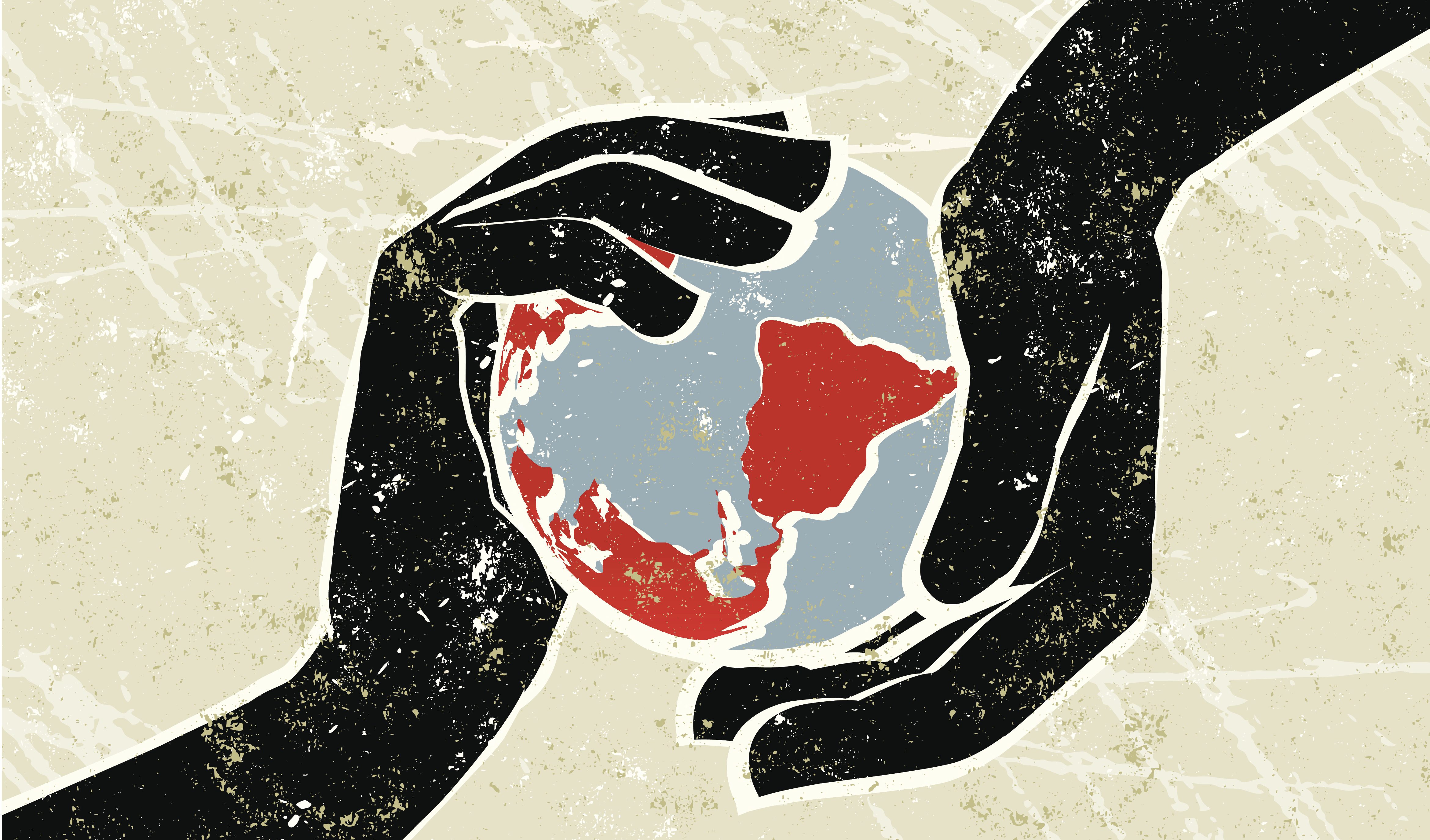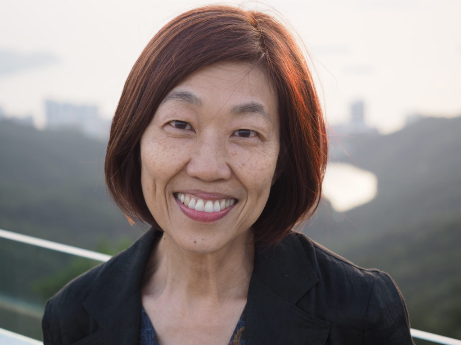
Online Symposium Fall 2020: Global-Cultural Environmental Justice—Transdisciplinary and Transcultural Perspectives
Organized by Imagining Climate Change and the Sustainable Online Network for Global Cultural Studies (SONGS).

October 13, 6:30-8:30 pm: Dorothy Ko, “Tu-Ren (Earth-Humans) and Feng-Shui (Wind-Water): Environmental Justice in China.”
Click on this Link to see the recording of this webinar:
What can we learn from the concept and practice of environmental justice in China? Mainstream media in the U.S. often portray twenty-first-century China as the land of polluted air, untamed waters, and rapacious development. This is only half the picture. This presentation examines the works of Beijing-based landscape architect Kongjian Yu and his firm Tu-renscape, whose projects of “sponge cities” and concept of “anti-planning” are informed by centuries-long practices of farming, dwelling, and siting (feng shui). Instead of the vision of man-against-nature prevalent in Euro-America, premodern Chinese lives were rooted in an entirely different ecology of humans-in-nature.
Dorothy Ko is Professor of History and Women’s Studies at the Barnard College of Columbia University . As a historian of early modern China, her research interests have included Literature, Visual and Material culture; Women’s, Gender and Sexuality Studies; Science and Technology; Eco-Art History. She is author of numerous books, including The Social Life Of Inkstones. Artisans and Scholars in Early Qing China (2017); https://vimeo.com/372881205
Response by Anna Peterson, Professor in the Department of Religion at the University of Florida.
Anna L. Peterson’s research and teaching areas are social ethics, environmental ethics, religion and social change, animal studies, and religion and politics in Latin America. At UF, she is affiliated with several interdisciplinary programs: the Center for Latin American Studies, the School of Natural Resources and the Environment, the Program in Tropical Conservation and Development, and the Center for Gender, Sexualities, and Women’s Studies Research.
LINK TO ALL RELATED SYMPOSIUM EVENTS
LINK TO G-CULTURAL ENVIRONMENTAL JUSTICE POETRY SLAM
Discussion
Do you have any comments about this topic? Fill out the form below to join the discussion.
Comments
I realize I am a bit late to this discussion, but I found Dr. Ko's answer to a student's question very interesting: when asked if it is "practical" to be environmentally sustainable and justified, Dr. Ko stated that she saw the issue as a moral issue rather than an issue of practicality. It's the act of trying that matters - even if the effect is minimal, that small change is still better than if no change had been made.
I see this point brought up a lot by people I talk to - "My actions are so small, they are most likely insignificant." But this is not the case - no matter how small the change is, it still exists.
April 15, 2021
Katie,
Thank you for your insightful response. I believe that small change is the only change that matters, because when motivated by moral conviction and knowledge, many "small" changes will add up to "big" change. The most "practical" path is doing nothing, as we have seen all too often. If we think in terms of long-term instead of short-term, perhaps we will have a different perspective on what is "small" and what is "big," or what is "practical" and "impractical."
Thank you for being so thoughtful. I hope that you will find the one small change you can make today and keep at it. Let me know what it is if you have the time 🙂
dk
April 18, 2021
Doctor Ko,
I thought your discussion on the Hani people was truly fascinating and eye-opening. The way that the Hani people developed ways of life, ethical beliefs, and religion based on certain environmental principles is interesting. I think this concept is beautiful. It reminds me in some ways of how Indigenous people honor their land and express their gratitude to those who have worked and continue to work on the land.
April 22, 2022